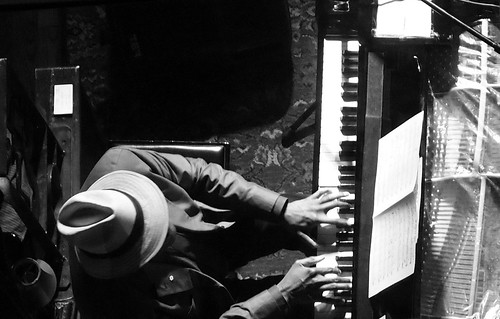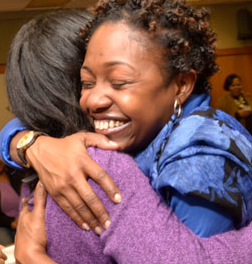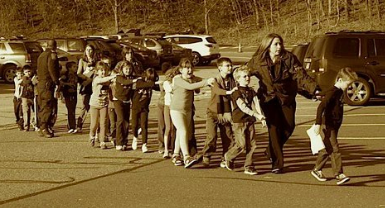(POSTER BELOW)
I look around at the wars of words, the polarizing gridlock that has shutdown the Federal government (as if that could truly happen) and listen to talking heads both liberal and non liberal spew illogical nonsense. But then I realize! Most of what I hear is illogical and most arguments are irrational.
Let me explain.
Most things people say are opinions and are therefore unreasonable (in the true sense of the word: “lacking reason”). Because opinions tend to be based on emotions or other arbitrary factors they lack logic. In two to four seconds on any cable news station you’ll hear it.
This situation becomes even more apparent as you learn Critical Thinking formally.
When I learned about critical thinking and logical fallacies in depth in graduate school, I thought, why didn’t they teach us how to think in high school or at least in liberal arts university? (I mean isn’t the whole point of education to help you to think better? Apparently not…Silly me.)
So, yes. We literally are not taught to think well. Usefully. Thoughtfully.
That’s because it turns out that teaching people how to think independently is wildly dangerous and threatening. (Crazy, right?!)
It can upset the balance of power. That means it’s considered far better to cultivate “sheep” that follow the herd directed by the powerful instead of helping people think well using critical methods. So, we have the predicament best epitomized on cable news. Screaming and hysteria and irrational arguments aplenty! The crazies are running everything it seems.
When we stop simply believing what we are told and follow a true logical format to discover main arguments or separate opinion from facts, it can cause…wait for it…thoughtful questioning. Empires have fallen for less than that!
Critical thinking is rare and utilizing it may necessitate that answers involve reason. Serious repercussions indeed!
Why would a school (or any group exerting power) purposefully put itself in a position to be knocked off its pins by newly rational thinkers? Well, they avoid that very thing. The point is to engender obedience and conformity: Teach people in a (factory-style) system that gets them to think how we want them to and agree with us, otherwise it’s anarchy, and we can’t have that!
(See why thinking well is so rare?)
Imagine: What if you think something out of sync with your club, church, political party, or social sphere? Look out. A bumper crop of fallacies will likely be lobed at you like poop grenades! You are SUPPOSED to keep in line. Gosh, duh…you are not accepted for your ability to think outside the expectations and presuppositions of your group. So, remember, if you plan to use critical thinking be prepared to be demonized.
The worst threat of all for anyone in power is to encourage independent thinking, let alone teach it. Learning logical fallacies can lead to innovation and change and much apple cart upsetting. It’s a threat to media outlets, propagandists, governments, authorities, parents, policemen, and nearly every institution.
Below is the first poster I designed to teach (critical) thinking. Stayed tuned for more coming in the next few days.
If you’d like more people to learn how to think better, pass it along.
It could help someone.
(click to enlarge)
Click here for an extensive list of fallacies.
To see the other posters I’ve done on fallacies, use the sidebar and search for “logical”





